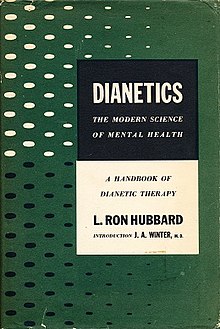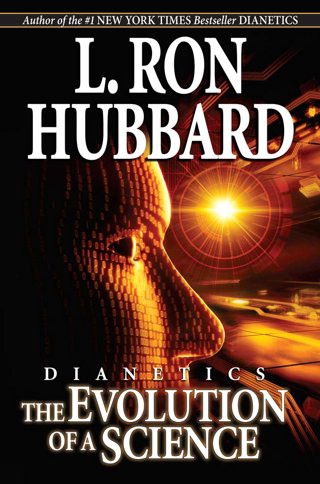Dianetics for Dummies
Wiki Article
10 Easy Facts About Dianetics Explained
Table of ContentsSome Of DianeticsSome Of DianeticsDianetics - TruthsThe smart Trick of Dianetics That Nobody is Discussing
I could not ever before not want to obtain anything that enters your mind for you- if it was otherwise, I wouldn't be resting below with you, doing this. I not just could never ever have a trouble, or not intend to listen to something that comes to mind for you, however I'm completely anxious to recognize every idea, every thought, every picture or sensation that arises or manifests for you- don't ever believe or else, and if somehow you do, please simply allow me understand! Often, you might have an idea, and image, concept or case pop up that does not seem to address the concern, or associate with it, but nevertheless, always do tell me regarding it, and as we continue, the importance will certainly arise for you.This is integral in the basis of handling, and the subject of this discussion: the fundamental roles of the therapist and the client: The standard role of the counselor is, unlike "common training", not to control, which indicates to implement and/or hinder, however to instead work from the basis of EMPOWERING THE CLIENT.

Unknown Facts About Dianetics
John Mcmasters expressed this fundamental reality splendidly well in one of his lectures on Power handling, in which he clarifies how he was asked what this "special flair" was that he had for giving such fantastic sessions; he had to think of that for a minute, and spotted that it was what he had not been doing, along with what he was doing: he had not been assessing, evaluating, computing, or as a matter of fact, creating any ideas, not to mention spoken expressions, after giving the command and while waiting for the PC to finish their response to their fulfillment; he was, just and just, being existing with the computer, and entirely interested.The role of the therapist, demonstrated; that was his "unique propensity". I have had my own experience which educated me this well, extremely at an early stage in the game. In 1982, having just recently finished my training and internship on New Period Dianetics, I was running this on a PC, and there was a factor in the session where (being a bit wet behind the ears not yet his response having lots of hours under my belt as a specialist auditor) the PC appeared to be "taking as well long" to express anything verbally after I provided him a command.
This secret ended up being one of the most important contribution that John ever before made to the topic of therapy or bookkeeping (Dianetics). In my modest opinion, it is the greatest contribution that anyone has actually ever before made to these subjectsthe application is entirely Going Here non-judgemental, non-evaluative, and devoid of any kind of recommendation, advice or opinion.no preconditioned schedule for people, or 'levels' that they have to do
In Idenics, the only resource of information about a customer is the specific client. In Scientology we prided ourselves on not evaluating for individuals. However all that actually suggested was that the auditor did not vocally examine for the computer in session. The registrars and values policemans assessed for the computer.
Some Known Factual Statements About Dianetics

Any person who had actually ever before seen John audit could not aid yet observe a special top quality in his auditing."The client's fundamental function is to be there with the objective of moving in the instructions of their spiritual objectives, and to easily and completely share and experience whatever materializes for them in responding to the concerns and carrying out the guidelines in the processing.
This is something to process as needed. However additionally, people frequently have previous experience and/or indoctrination in auditing/processing which, in some means, and to some levels, really misinforms them right into attitudes, concepts and habits patterns that avoid the complete understanding of these roles, therefore they will certainly tend to inhibit the expressing of what comes to mind, as in the examples offered above. * The initial, and maybe foremost examples of mis-indoctrination causing less than totally smooth and efficient sessions, can be found in specific elements of the training routines, or "TR's":"TR's" are usually a person's initial, or at the very least early, experience in Scientology, and while I will take place to describe what I see as the problems in idea and technique, nevertheless, often tend to be greatly therapeutic, done as they are provided (Hubbard insists that "TR's are not refining, they are training", but factually, they are both processing AND training)
Alan Walter made comparable monitorings, and improved on these with his "Existence Processes". There is no "failing", and no denial of the reality of this being handling. The emphasis, as it must be, is on experiencing the other person's presence. All the indications which obtain a "fail" in doing "TR-0" are merely the being's initiatives to withstand the other individual's presence, and instead of being bothered and pestered with "Flunk", which enforces "failure!" on the being, one simply requires to be urged reference to "stick their feet in the water a little much deeper", to increasingly rehabilitate their capacity and willingness to fully share and experience "being right here", or "visibility", with others.
Some Known Facts About Dianetics.

Report this wiki page